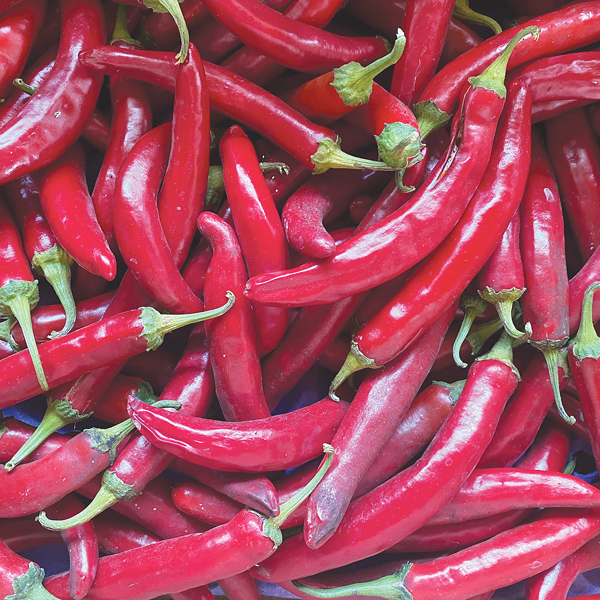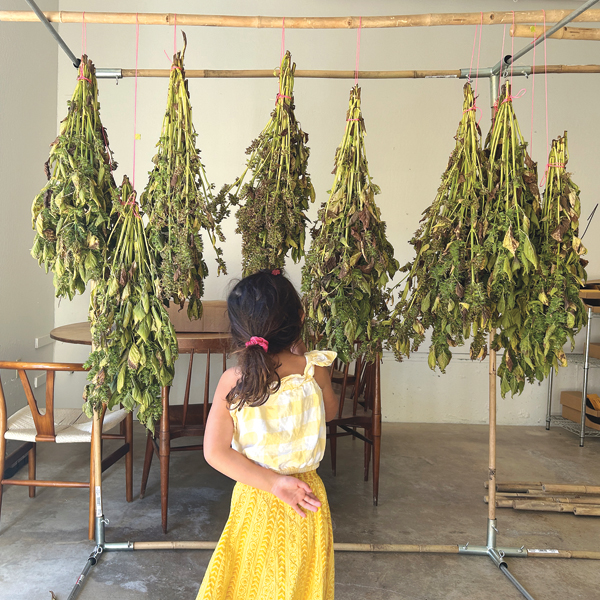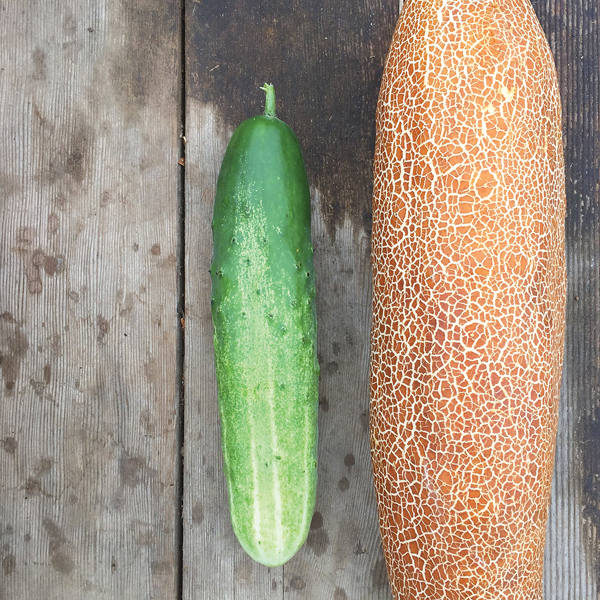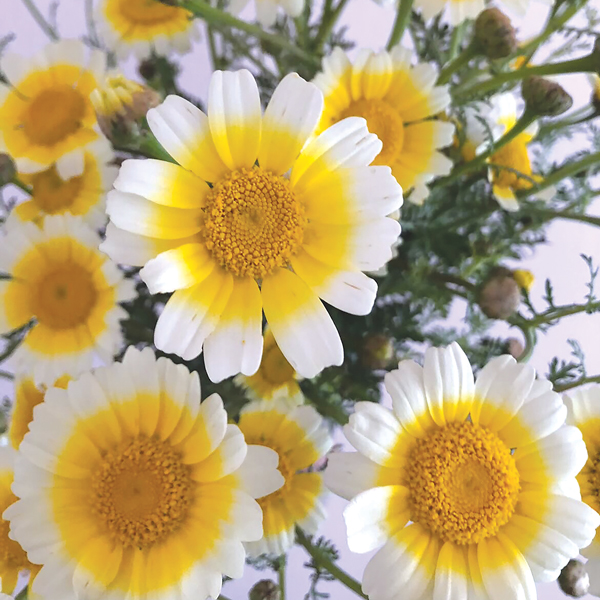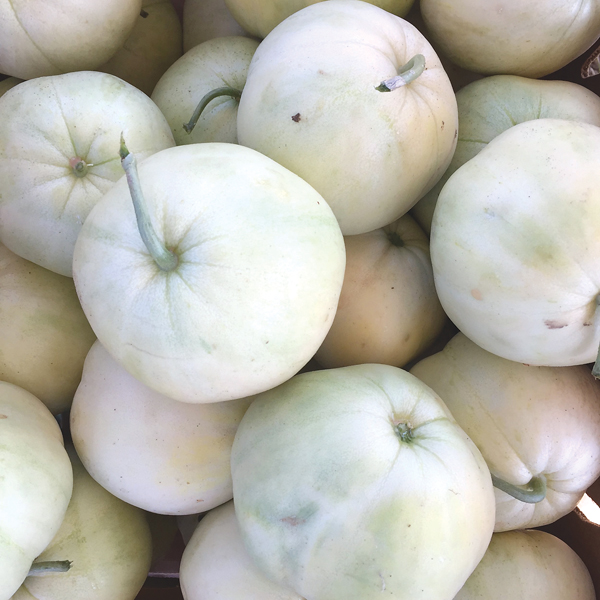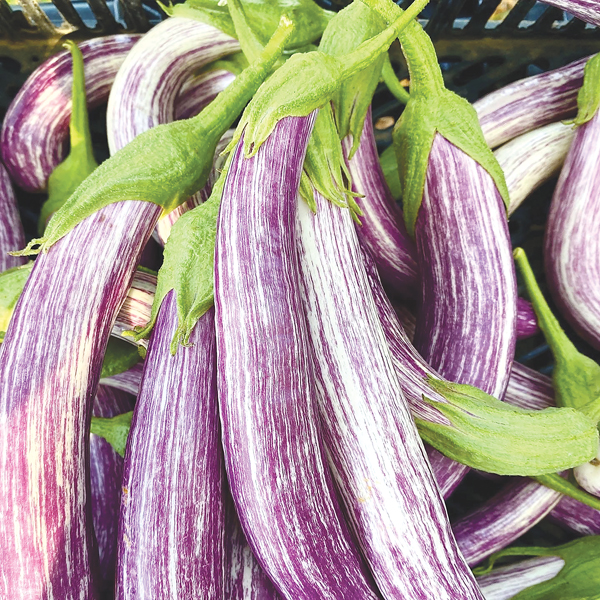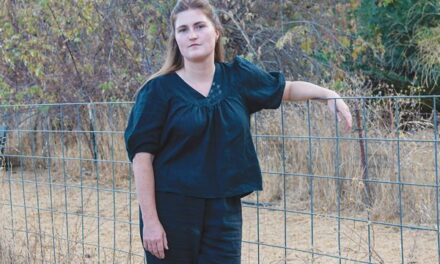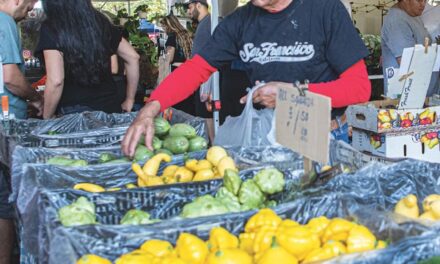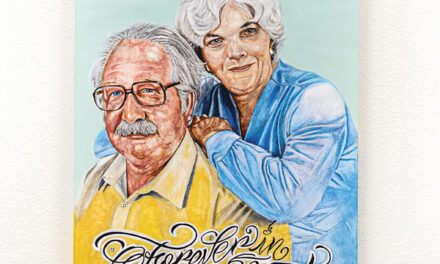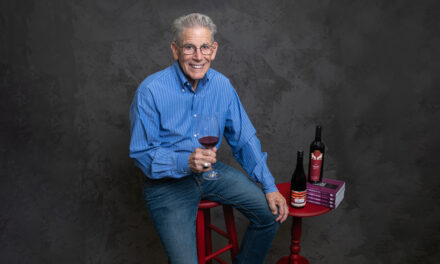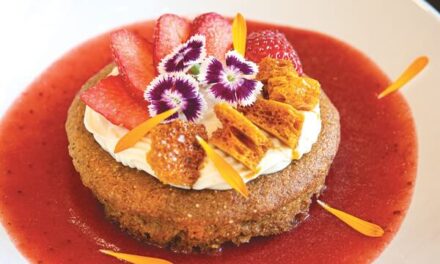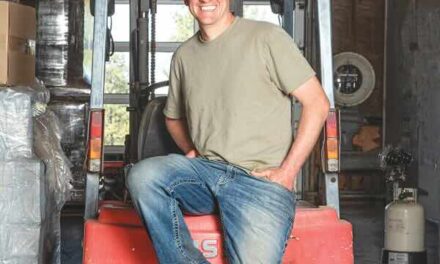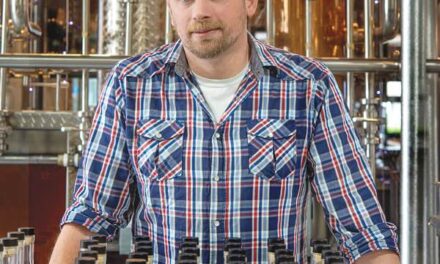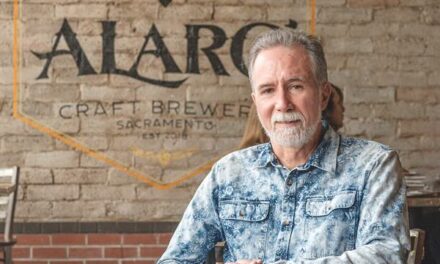Cultural Feast
Farmer honors her ancestor’s techniques and seeds
By Gabrielle Myers
October 2024
Kristyn Leach is a farmer and seed producer with a mission. She wants to spread seeds from her Korean heritage and share stories from the Asian Diaspora, enriching our connections to locally grown, culturally significant food.
The journey carried Leach from farm fields around Winters, Sunol and Sebastopol to South Korea. She grew Korean-based crops for San Francisco restaurateur brothers Dennis, Daniel and David Lee, whose modern Korean cooking captivated the Bay Area before the pandemic.
“They really helped me get started,” Leach says of the Lees. “We worked directly with each other, and we started growing exclusively for them.”
The brothers provided seed money for Leach to sublease an acre of farmland in Sunol, where she grew food for the Lee’s Namu Gaji and Namu Stonepot restaurants, now closed.
After several growing seasons, Leach worked with Kitazawa Seed Company, an Oakland firm founded in 1917. With guidance from Kitazawa owner Maya Shiroyama, Leach did field trials for the company.
A trip to South Korea in 2014 brought an awakening for Leach.
“That trip really changed my perspective,” she says. “Before going to Korea, I did not realize how much diversity there was in the crops. There’s a wealth of genetic diversity, and that diversity is tied to culture and food, in the different ways that plants and human cultures evolve with each other.”
The journey made Leach believe contemporary practices of big agriculture were pushing aside the biodiversity found in cultural foods. With such practices, she decided, “Then we are going to have a reductive view of what we can grow and will only have access to a handful of crops.”
After her trip, Leach asked Shiroyama if she could develop a collection of Korean heirloom seeds for Kitazawa. From there, Leach started her own company, Second Generation Seeds.
“People would send in their own stories of their relatives who had passed away and who were the last in the family keeping the seeds in tiny gardens or in pots on a balcony,” Leach says. “We would receive letters hearing those stories and people would share the seeds with us.”
Leach recently shifted her farm operation from Winters to Sebastopol. She practices Korean “natural” agriculture, which she describes as related to biodynamics and permaculture. Her approach focuses on minimal tillage to cultivate fungal populations. It even involves fermented seaweed and lactobacillus cultures.
Second Generation Seeds has a network of farmers in Northern California and Washington state who strive to preserve the genetic diversity of heritage crops from Asia, Southwest Asia, North Africa and Palestine.
On the cultural front, Leach works with UC Davis in the Student Collaborative Organic Plant Breeding Education program.
She helped pilot a project that joined the Asian American Studies and Plant Sciences departments in seminars about Asian American contributions to U.S. agriculture and the economy.
These days, Leach works on stem lettuce, a Chinese vegetable that can be eaten like asparagus. Leach produces crosses of stem lettuce and distributes it to farmers nationwide to collect ag data and feedback from growers and their customers.
The program coordinates with UC Davis Assistant Professor Ga Young Chung, whose students capture the cultural perspectives of each crop.
The work reminds us how the region’s ethnic diversity and our ancestor’s stories about food and family can be preserved and celebrated.
Gabrielle Myers can be reached at gabriellemyers11@gmail.com. Her latest book of poetry, “Break Self: Feed,” is available for $20.99 from fishinglinepress.com. Follow us on Facebook and Instagram: @insidesacramento.



